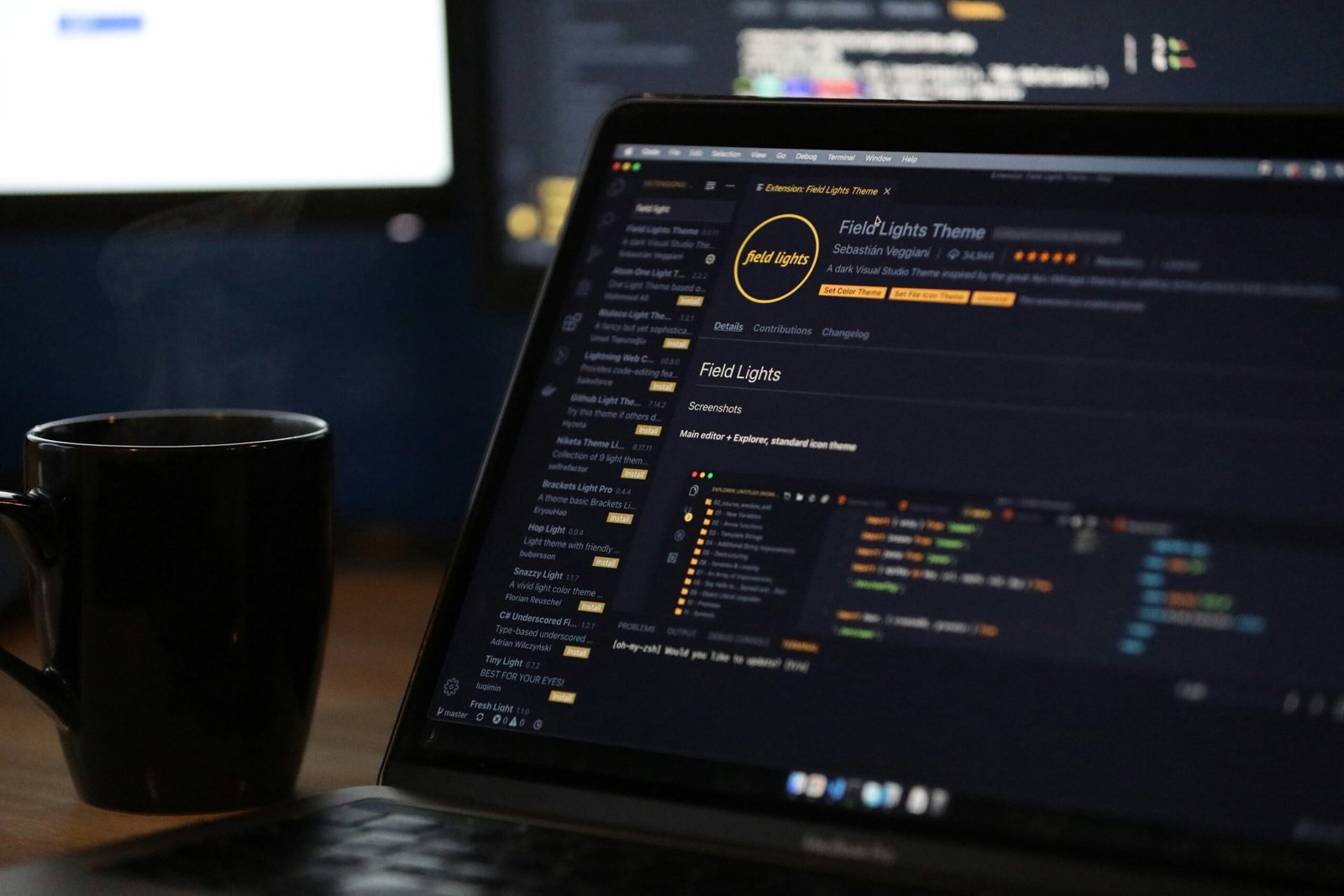Introduction to No-Code Development
In today’s tech-forward world, building mobile applications has become more accessible, even to those without coding experience. This structured course outline will guide you through the process of developing mobile apps using no-code platforms. You will learn about various tools, daily milestones, recommended resources, and more across a detailed timeline.
Recommended No-Code Platforms
Several web platforms enable app development without requiring coding skills. Some popular no-code platforms include:
- AppGyver: Allows you to create professional apps with visual builders.
- Adalo: Focuses on designing and publishing powerful mobile apps.
- Bubble: Offers extensive customization options for mobile and web applications.
- Thunkable: Utilizes a drag-and-drop interface to simplify app creation.
Timeline and Daily Milestones
Week 1: Introduction and Setup
- Day 1-2: Learn about no-code development principles. Set up accounts on recommended platforms.
- Day 3-5: Explore the user interface and basic functionalities of your chosen platform.
- Day 6-7: Begin with a small project to get hands-on experience.
Week 2: Progressing with Complexity
- Day 1-3: Study UI/UX design principles.
- Day 4-5: Implement intermediates features like user authentication.
- Day 6-7: Connect to data sources and integrate APIs.
Recommended Resources
Enhance your learning experience with these resources:
- Coursera.org: Courses on app development fundamentals and advanced topics.
- Alison.com: Offers free courses on no-code app building.
- Edx.org: Provides in-depth courses on UI/UX design and mobile app development.
- Books: Consider ‘No-Code Mobile Apps’ by Rick Stockley or ‘App Design Handbook’ by Nathan Barry.
Conclusion
Following this course outline, even without any programming knowledge, you can become proficient in building mobile applications. By leveraging no-code platforms and utilizing the recommended resources, you’ll be well on your way to developing functional and professional apps.




